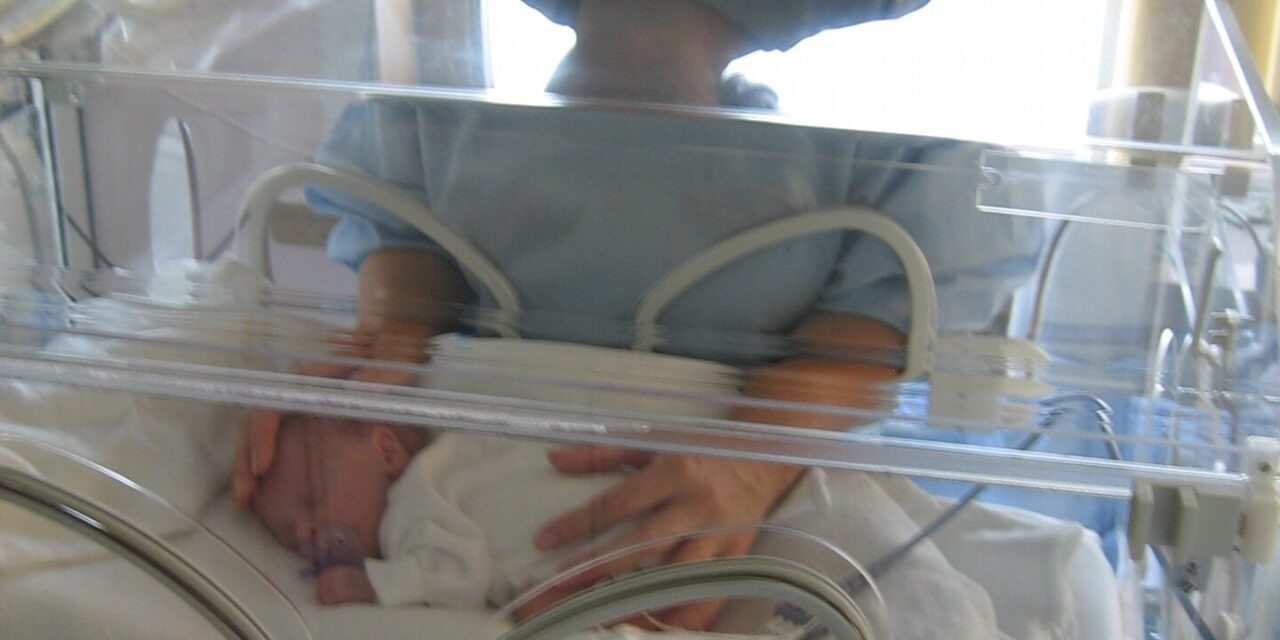New York, August 13, 2024 — A groundbreaking study published online today in Child Development offers fresh insights into the diverse outcomes of children born prematurely, challenging the prevailing notion that preterm birth universally predicts cognitive and behavioral deficits. This research, led by the NYU Grossman School of Medicine, highlights the complexity of preterm birth and emphasizes the need for personalized approaches in treatment and care.
Each year, approximately 13 million babies are born prematurely, defined as before 37 weeks of gestation. These infants often face higher risks for attention-deficit/hyperactivity disorder (ADHD), social development issues, and lower academic performance compared to their full-term peers. Historically, analyses have generalized preterm births, failing to account for the variability in outcomes among these children.
The study, involving 1,891 preterm children aged 9 to 11 years from the Adolescent Brain Cognitive Development (ABCD) study, categorizes preterm children into three distinct profiles based on cognitive and behavioral performance:
- Profile 1 (19.7% of children) performed above average on standard cognitive tests, surpassing even full-term peers in several areas.
- Profile 2 (41%) showed mixed results, with above-average scores in memory, vocabulary, and reading, but below-average in pattern recognition and working memory.
- Profile 3 (39.3%) scored below average across all tests, correlating with significant attention deficits and lower academic grades.
Children in Profile 1 exhibited an average of 21% better performance on cognitive tests compared to those in Profile 3, and had notably fewer attention deficits (2.5% vs. 9.9%). Academically, 66.47% of Profile 1 students had grades of A- or above, compared to 60.69% in Profile 2 and just 32.21% in Profile 3.
Lead author Iris Menu, PhD, a post-doctoral scholar at NYU, emphasized, “Our study dispels the notion that every preterm child is born with cognitive and behavioral deficits. This work highlights the complexity of preterm birth and promises to improve treatment tailored to each child’s needs.”
The study’s neuroimaging results revealed that children in Profile 3 had brains that were, on average, 3% smaller in volume and surface area compared to those in Profile 1. While these children were born an average of 4.5 days earlier, smaller brain volumes were not directly linked to the degree of prematurity. Future research will explore the implications of these findings.
Functional MRI analysis showed that connectivity between key brain networks was 11.21% weaker in Profile 3 compared to Profile 1, affirming the potential for early diagnosis and tailored interventions, such as behavioral therapy and medication, particularly for conditions like ADHD.
The study also uncovered a significant disparity in outcomes based on race. Preterm children who were Black had nearly four times the likelihood of falling into the lower-performing Profile 3. This finding underscores the need for equitable care and targeted interventions to address social and structural factors affecting preterm children.
Senior author Moriah Thomason, PhD, noted, “Precision psychiatry requires more than a general diagnosis. Our work reveals that two children with the same preterm birth diagnosis may have vastly different developmental trajectories.”
This research was supported by multiple National Institutes of Health grants and involved contributions from NYU Langone’s Lanxin Ji, Tanya Bhatia, Mark Duffy, and Cassandra Hendrix.
As the study moves forward, researchers plan to further investigate factors contributing to poorer outcomes and explore why a significant proportion of preterm children outperform their full-term peers. This ongoing work aims to refine strategies for early intervention and support, ensuring all preterm children have the opportunity to thrive.
For further details on this study, visit Child Development or the NYU Grossman School of Medicine’s research publications.












